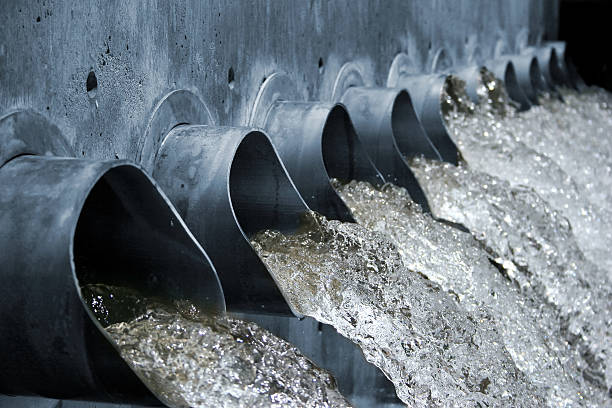Calcium Carbonate for Water Treatment
Wastewater treatment extends beyond just reclaiming and treating the liquid—it also involves managing and disposing of solids removed or generated during the process. Flotation is a key method widely used in industrial wastewater treatment plants to remove fats, oils, grease, and suspended solids. This process, carried out through Dissolved Air Flotation (DAF) units, is particularly effective in industries such as oil refineries, petrochemical plants, chemical plants, natural gas processing facilities, and other similar operations. DAF units efficiently separate oil and other contaminants from wastewater, improving effluent quality and enabling reuse or safe discharge.
The froth flotation separation process is also instrumental in recovering high-value concentrates containing usable materials. Lab and pilot plant studies using conventional equipment from companies like Denver and Wemco are essential to optimize flotation efficiency. Parameters such as reagents, conditioning time, pH, and the number of stages are first determined at a laboratory scale and further refined during pilot testing. Mineralogy, surface chemistry, and liberation studies are conducted in tandem to define feed parameters for the flotation process.
Ultra Limited offers a broad range of calcium carbonate grades with various particle sizes specifically designed to support water treatment applications. These solutions ensure optimal performance in wastewater management, aligning with the diverse needs of industrial facilities.



